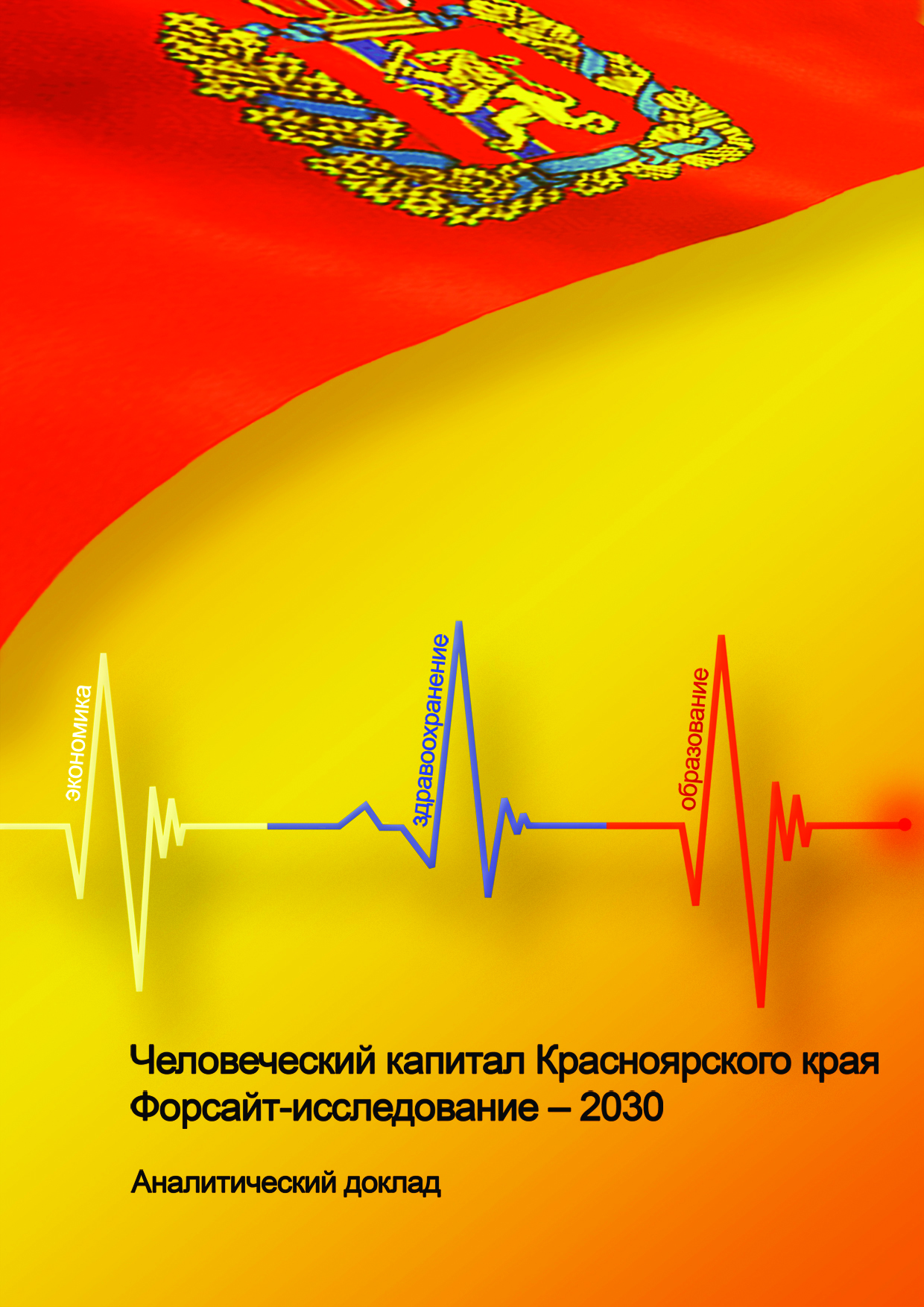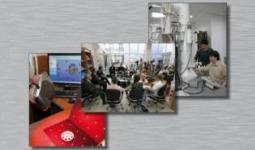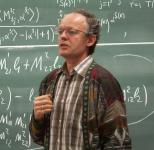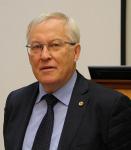Universities for future: perspective ideas and development models
Universities for future: perspective ideas and development models
Valerii Efimov, Alla Lapteva, Vera Dadasheva
Siberian Federal University,
E-mail: expert.sfu@gmail.com
Keywords: the future of universities, cognitive society, collective intelligence, university as an institution of society, the development of higher education.
Abstract: Universities are considered as a social institution that provides knowledge production and intelligence renewal. "Universities crisis" is discussed in the context of necessary transition to cognitive university as new its type. Prospects for the universities’ development are associated with formation of "cognitive society".
The work is based on the cultural and historical analysis of the universities’ existence and transformation; universities are understood as a social form of intellectuals’ self-organization in different epochs. In some historical periods universities operate as a progressive force, ensuring the society development; in others they focus on self-reproduction processes and become a conservative force. So the first generation of university which arose in the middle age later (in the "new age") had become a media of scholastic way of thinking that did not correspond to the changed world requirements.
"Humboldt model" universities arose as institutionalization of new types thinking and activity, generated by the XVIII-XIX centuries' scientific and technological revolution and as an alternative to scholastic universities.
Industrial phase universities were focused on the natural sciences, engineering and technical knowledge production, and the new types of research, engineering, and technology activities creation.
Emerging currently socio-economic and socio-cultural reality described by the authors as a "cognitive society" characterized by the growth of the intellectual activity scope, the conversion of collective intelligence in society leading productive force. "Collective intelligence" is manifested as forms of public self-government, widespread use of expert knowledge, «think tanks» activities, intellectual activity of social networks which pass from messaging to collective problems solution, Big Data systems and others. Digital revolution achievements become a "cognitive society" technology base, which allows transferring any kind of information into a digital signal and transmitting it "without borders".
Expanding the range of cognitive technologies is discussed in the article. Cognitive humanitarian technologies that provide man intellectual functions’ exteriorization and the functioning of the collective distributed intelligence, the cognitive infrastructure of consciousness and thinking formation must become a new technology package.
The article discusses the "Task" for the universities’ development and new generation of universities formation and their mission which includes the following: 1) generation of new problematic and agenda for different actors in society; 2) creation and deployment of new practices in economy, culture, human development, etc; 3) human evolution support in individual educational trajectory format.
Different model variants of university in cognitive world are discussed in the article: 1) "cognitive continent"; 2) scientific-educational-industrial cluster; 3) University – "smart grid".
Published: 2nd International Multidisciplinary Scientific Conference on Social Sciences and Arts SGEM2015
Доклады:
• Экосистема науки, образования и инноваций Красноярского края: идея, перспективы, проекты
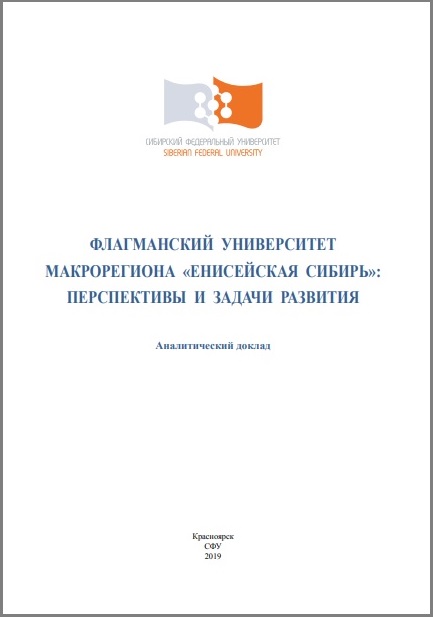
• Флагманский университет макрорегиона «Енисейская Сибирь»: перспективы и задачи развития

• Город – идея и практика
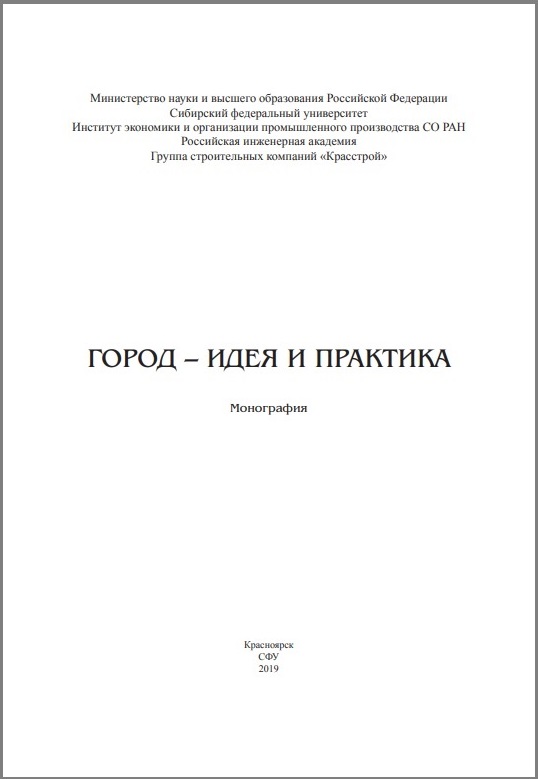
• Становление университетов-лидеров: мировая практика и российская перспектива: аналитический доклад
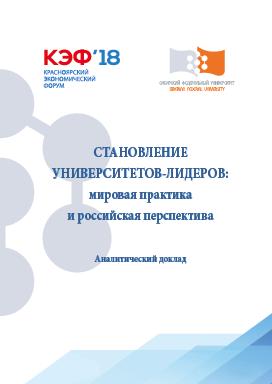
• Россия – Сибирь 2050: глобальные тренды и «окна возможностей»: аналитический доклад
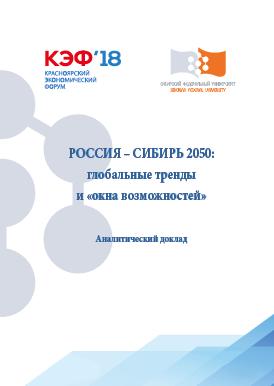
• Сибирь и Дальний Восток в XXI веке: сценарные варианты будущего: аналитический доклад
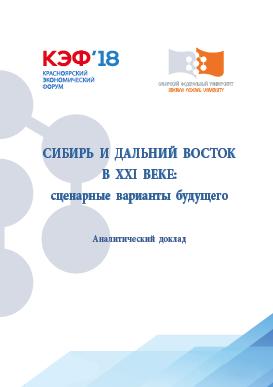
• Siberia and the Far East in XXI Century: Problems and Perspectives of Development: Analytical Report
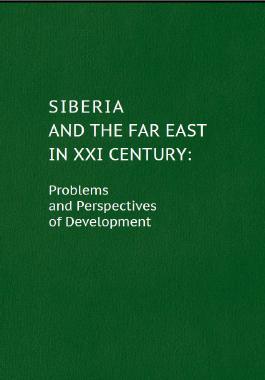
• Сибирь и Дальний Восток в XXI веке: проблемы и перспективы развития

• Возможные миры или создание практики творческого мышления

• Будущее Республики Саха (Якутия)
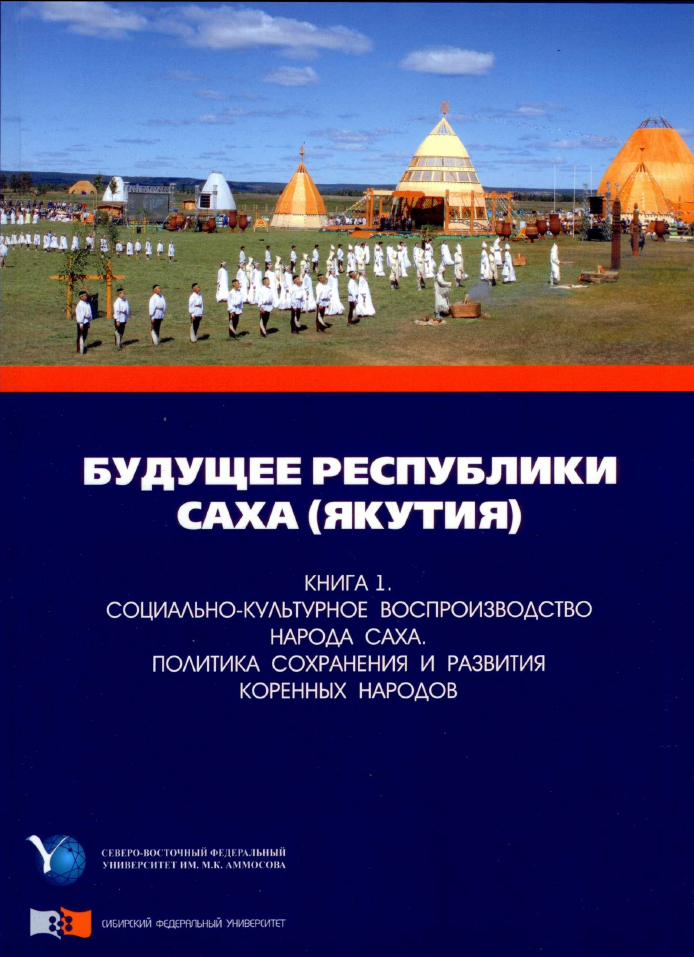
• Республика Саха (Якутия) – 2050. Форсайт-исследование
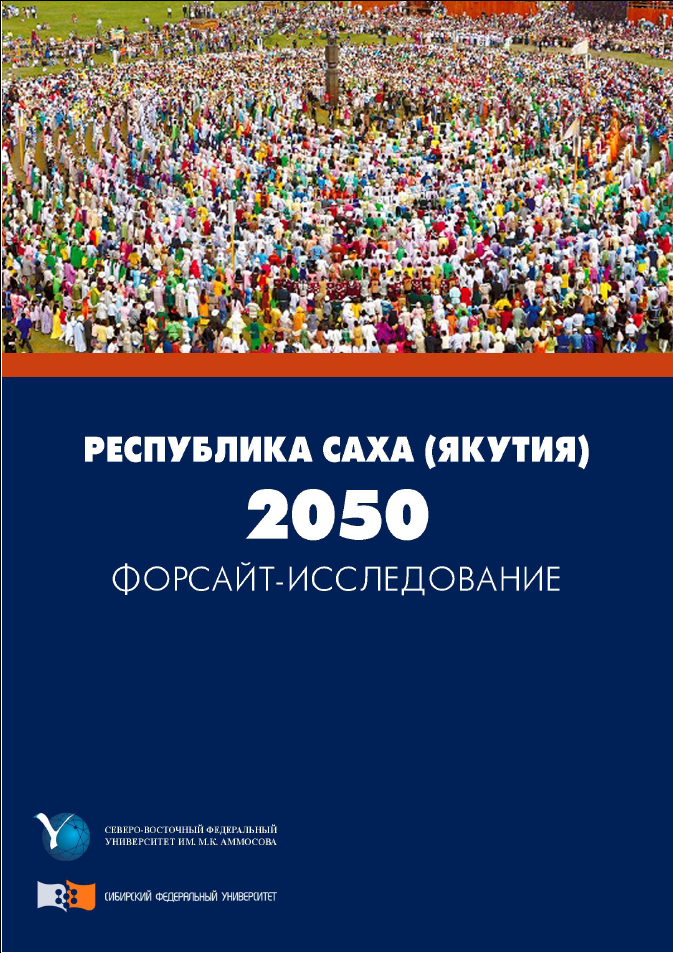
• Россия: Восточный вектор
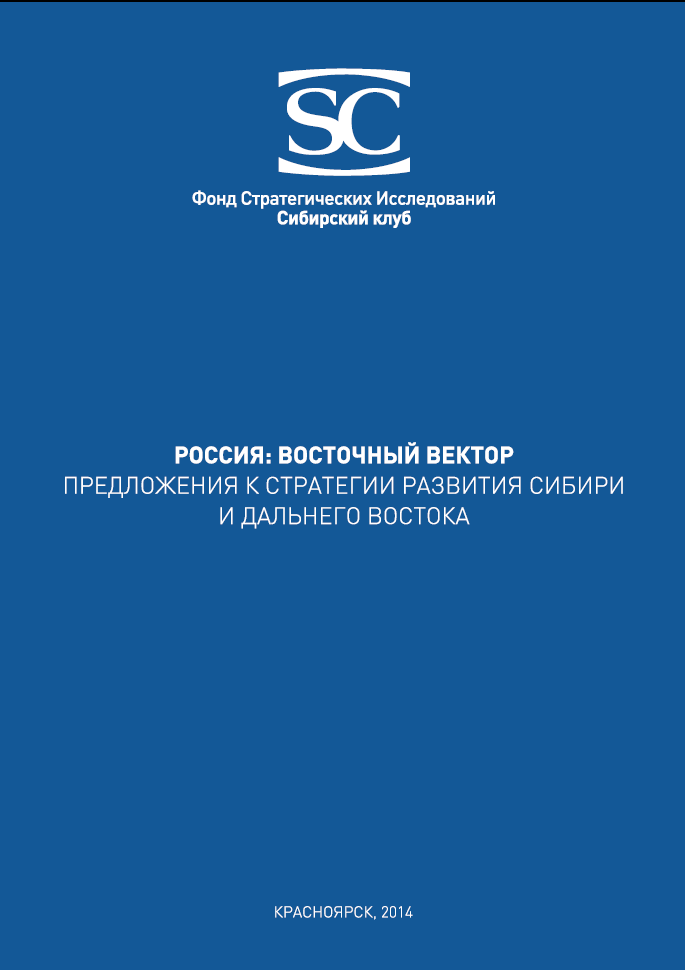
• Макрорегион Сибирь: проблемы и перспективы развития
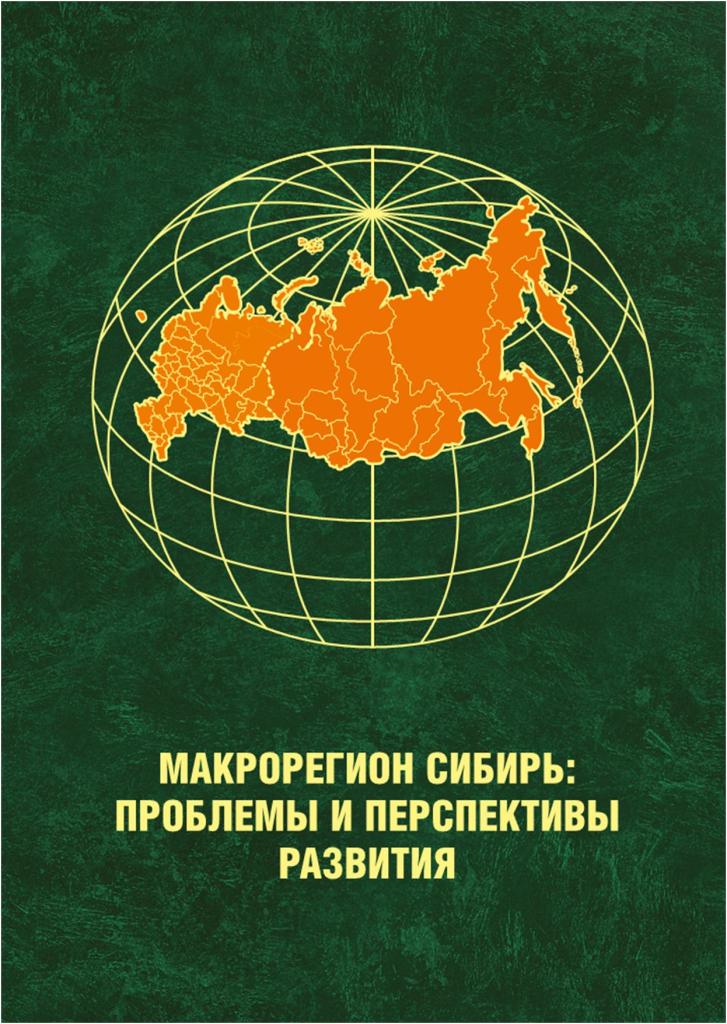
• Красноярск Foresight: образы будущего 2030
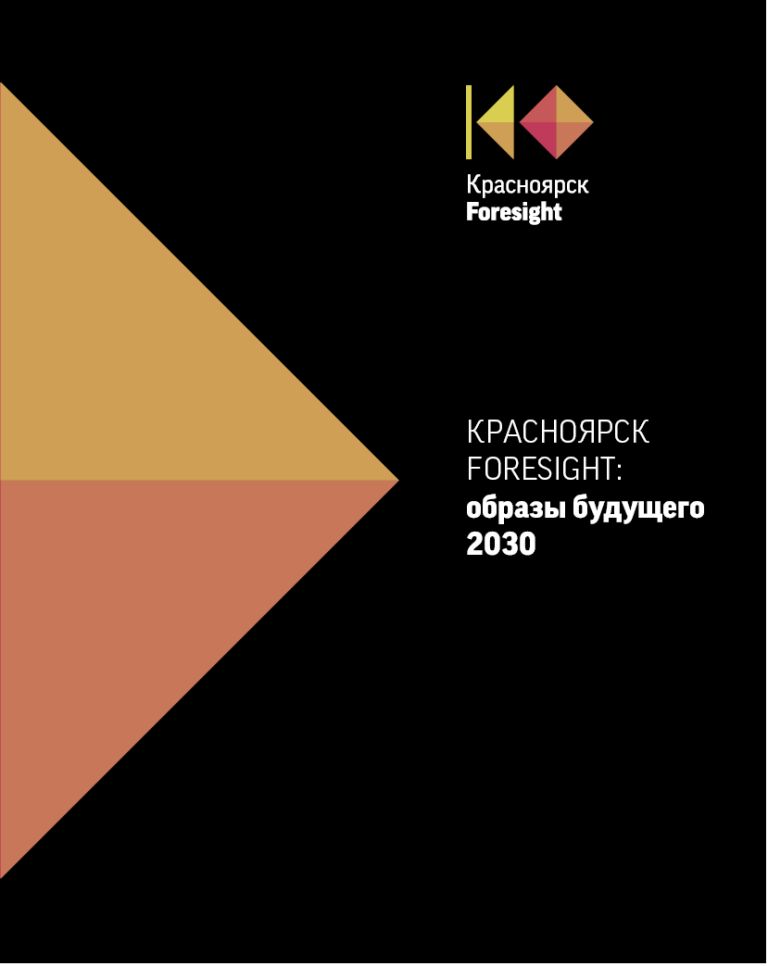
• Будущее высшей школы в России: экспертный взгляд

• Форсайт Республики Саха (Якутия) – 2050

• Судьба континента Сибирь: проблемы развития

• Человеческий капитал Красноярского края: Форсайт-исследование – 2030
